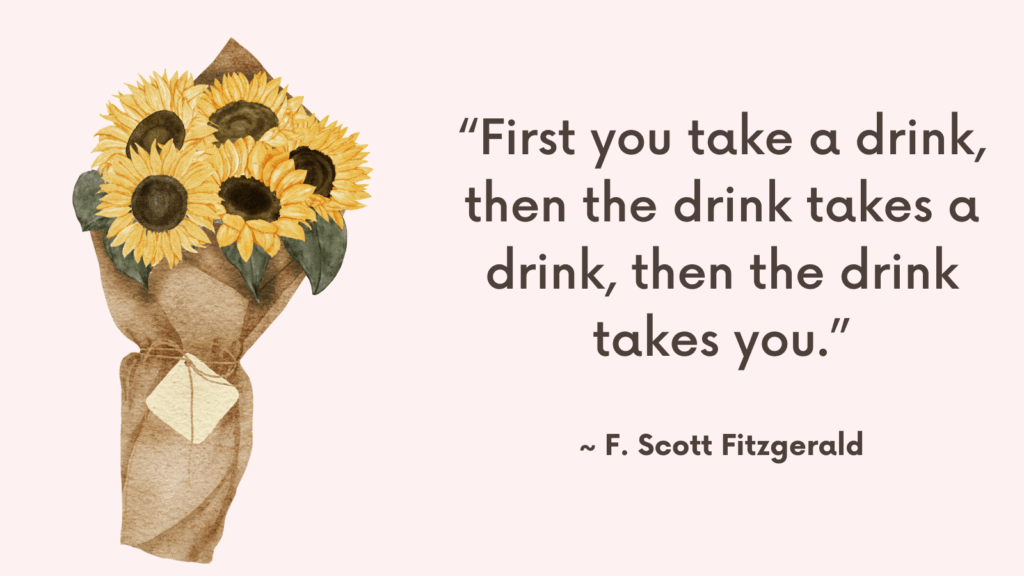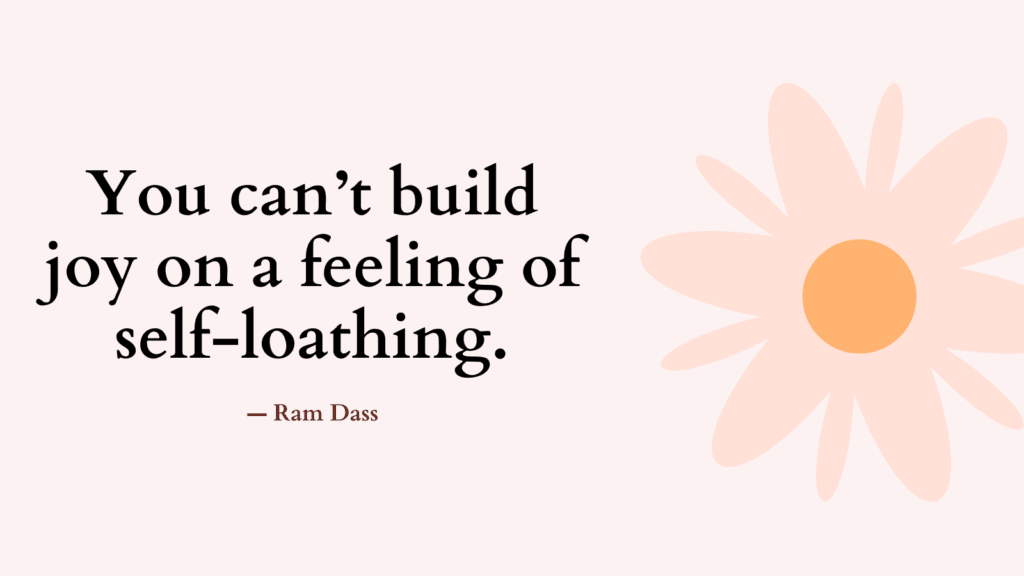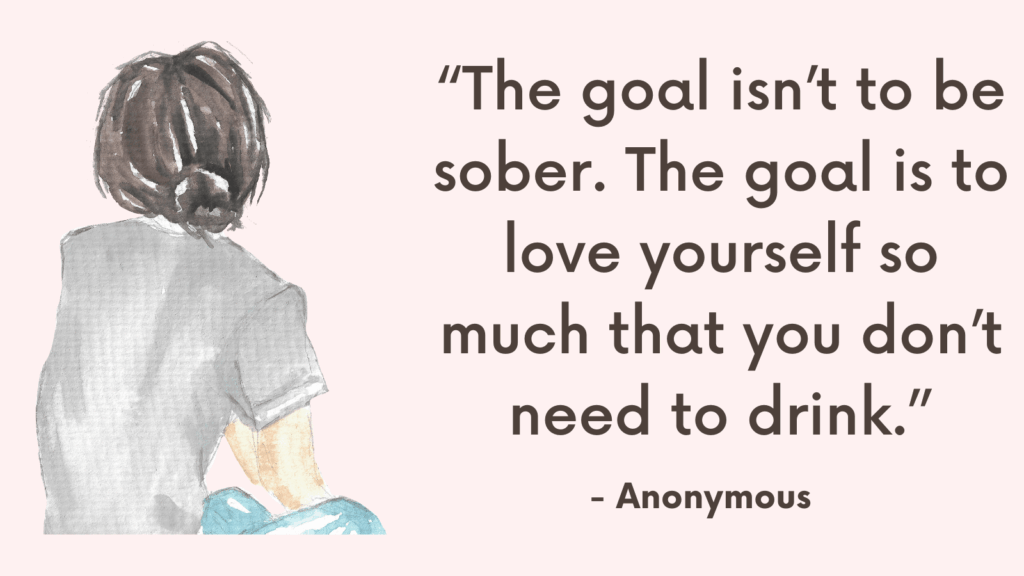In this post, you’re going to learn all about what a functioning addict is and how to break free from addiction.
What Is a Functioning Addict?
A functioning addict is an individual who is able to maintain a relatively high level of functionality in their personal and professional life while also struggling with addiction.
They may appear successful, competent, and productive on the surface, but behind closed doors, they are battling with substance abuse or other addictive behaviors.
It is important to note that the term “functioning addict” is not a clinical diagnosis, but rather a description used to highlight the unique and often deceptive nature of addiction.
While some people might believe that as long as someone is able to meet their responsibilities, they cannot have an addiction, it is crucial to understand that addiction can manifest in various ways, and one’s level of functionality does not negate the severity of their addiction.
Functioning addicts are often able to maintain their daily routines, fulfill work responsibilities, and manage relationships without others suspecting that there is an underlying issue.
They may continue to achieve success and meet societal expectations, which can contribute to their ability to maintain the appearance of normalcy.
However, behind this façade, functioning addicts typically experience significant challenges and internal turmoil related to their substance abuse or addictive behaviors.
They may struggle with cravings, withdrawal symptoms, and the constant urge to engage in their addictive behaviors.
These individuals often rely on substances or behaviors as a coping mechanism for stress, emotional pain, or other unresolved issues.
Related: How to Break the Addiction Cycle? [Definitive Guide]
How a High Functioning Addict Can Hide Their Addiction
The ability to function at a seemingly high level while battling addiction can be attributed to various factors, including:
1. Tolerance and dependency
Over time, individuals with addiction develop tolerance to the substance, meaning they require larger amounts to achieve the desired effect.
This tolerance allows them to function to some extent without exhibiting obvious signs of impairment.
2. Strong external support systems
Functioning addicts may have a supportive network of family, friends, or colleagues who provide assistance in covering up their addiction or enabling their behaviors.
This can contribute to their ability to maintain their lifestyle.
Related: 4 Stages of Addiction (+FREE Worksheets)
3. High levels of motivation
Some functioning addicts are driven by the fear of losing their reputation, job, or relationships.
This motivation may push them to maintain a certain level of functionality, even if it means hiding their addiction from others.
4. Denial and secrecy
Addiction often involves denial and secrecy, with individuals going to great lengths to hide their addictive behaviors.
Functioning addicts may compartmentalize their lives, isolating their addiction from other areas, making it easier to maintain functionality in specific domains.
While functioning addicts may appear to have their lives under control, it is vital to recognize that addiction is a progressive disease that can lead to severe physical, mental, and emotional consequences if left untreated.
The longer the addiction remains unaddressed, the greater the likelihood that the individual’s functionality will decline, potentially leading to significant negative impacts on their personal and professional life.
Related: How To Step Out Of Denial? Top 10 Steps To Overcome Denial When The Truth Is Heartbreaking
How to Break Free from Addiction?
1. Recognize the problem
The first step in overcoming addiction is acknowledging and accepting that you have a problem.
Denial often hinders progress, so being honest with yourself about the impact addiction has on your life is crucial.
2. Build a support system
Surround yourself with individuals who understand and support your desire to break free from addiction.
This can include family, friends, support groups, or a therapist.
Having a strong support system provides encouragement and accountability throughout the recovery process.
Related: What Is the Root Cause of Addiction? (+FREE Worksheets)
3. Seek professional help
Addiction is a complex issue that often requires professional assistance.
Consider consulting with a mental health professional, such as a psychologist or addiction counselor.
They can help you navigate the challenges, identify underlying causes of addiction, and develop a personalized treatment plan.
4. Set clear goals
Establishing realistic and achievable goals is vital. Break down your recovery journey into smaller steps, celebrating milestones along the way.
This can enhance motivation and provide a sense of accomplishment.
Related: Emotional Dysregulation Test [A Quick Test]
5. Develop healthy coping mechanisms
Addiction often serves as a way to cope with stress, pain, or emotions.
Identifying healthier alternatives to manage these challenges is crucial.
Engaging in activities such as exercise, hobbies, meditation, or seeking support from loved ones can provide healthier outlets for stress and emotional distress.
6. Create a relapse prevention plan
Relapses are common during addiction recovery, so it’s important to have a plan in place to minimize their occurrence and manage them effectively if they do happen.
Identify high-risk situations or triggers and develop strategies to navigate them.
Regularly assessing and updating your relapse prevention plan is essential for long-term success.
Related: How To Cope With A Self-Harm Relapse? Top 5 Steps
7. Practice self-care
Prioritize self-care activities that promote physical, mental, and emotional well-being.
This includes getting adequate sleep, maintaining a balanced diet, engaging in relaxation techniques (e.g., deep breathing exercises), and avoiding excessive stress.
FREE Addiction Worksheets
Conclusion
Breaking free from addiction is a personal journey, and progress can vary from individual to individual.
Patience, perseverance, and self-compassion are vital throughout the process.



